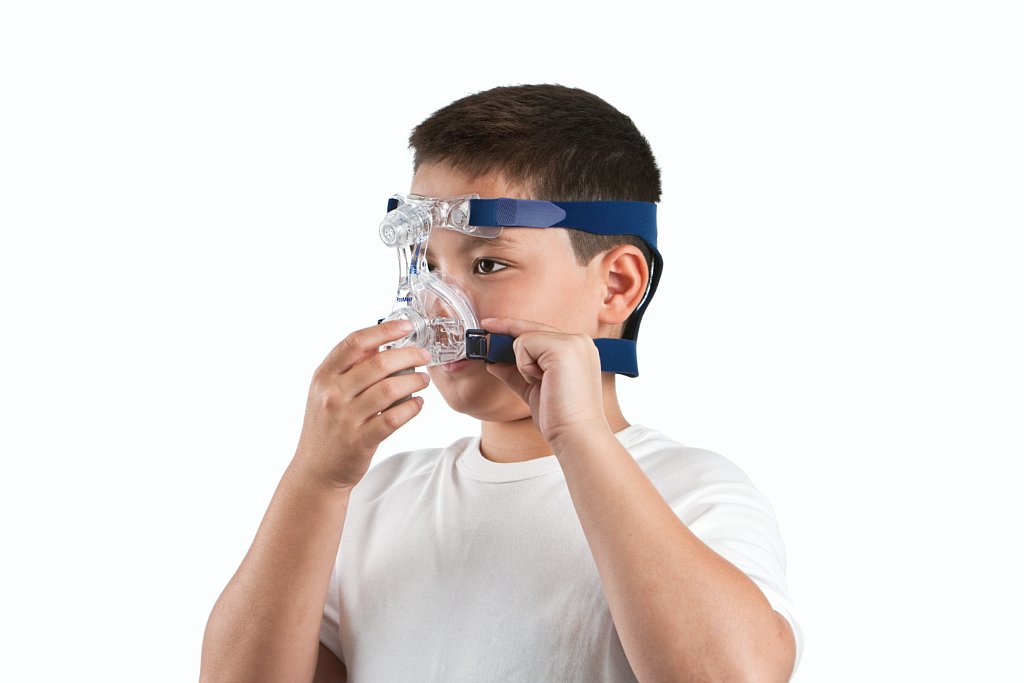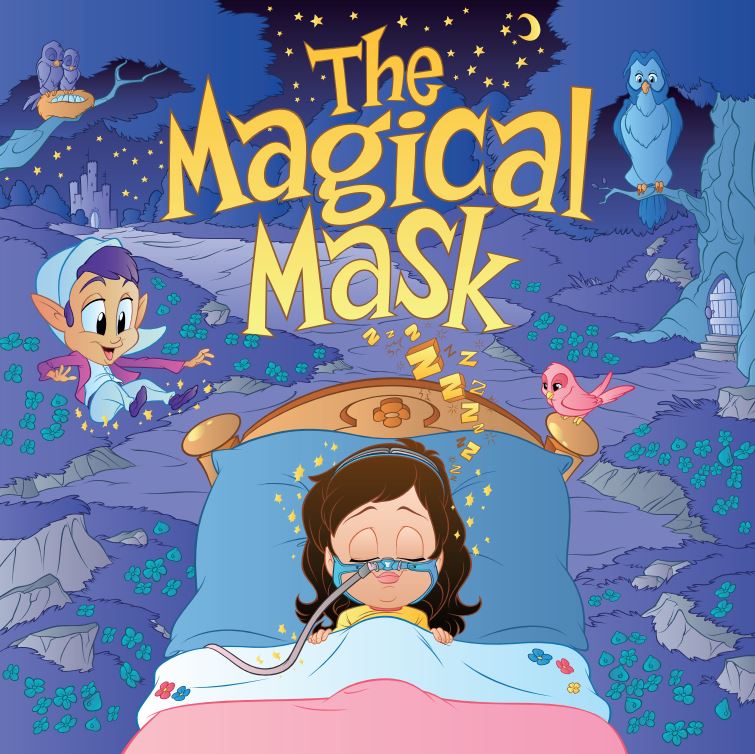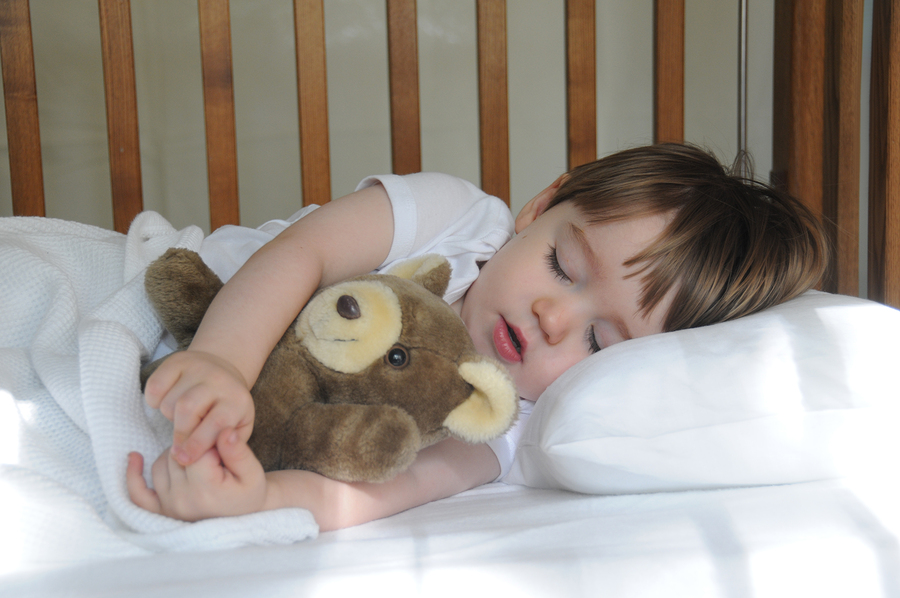
Obstructive sleep apnea spares no one – not even children. According to statistics, between 1% and 3% of children suffer from the sleep disorder – even children in preschool; even infants. Indeed, sleep apnea could be the scourge of modern childhood and some parents may not even know it. Sleeping is already challenging enough for many children, especially with the constant threat of snarling monsters under the bed and ghosts in the closet. Not only has sleep apnea in children been known to cause deaths, but also – if left untreated – has been linked to SIDS (sudden infant death syndrome), ADD (attention deficit disorder), and obesity. Little do children know, that they shouldn’t be afraid of what’s under the bed, but actually of a strange obstructive sleep disorder that causes cessations in breathing that could last up to a minute or more. As a parent, it is important to look out for some of the symptoms and signs of sleep apnea, because there are remedies for relief. Here are some of the biggest warning signs for sleep apnea in children.
Cessations in Breath.
When you put your child to bed at night, you may want to look for pauses in breathing that last longer than usual. You may notice that the chest cavity is moving, but no air is actually going in or out through the nose or mouth. You may also notice your child fighting to regain their breath as a result – kind of like emerging from a pool after being held under for too long.
Excessive Snoring.
Contrary to popular belief, children do snore. In fact, millions of children snore. The thing is, though, that snoring could be seen as alarm that your child has obstructive sleep apnea. If you notice that your child is snoring excessively loud, you may want to take them to a doctor to be diagnosed with sleep apnea.
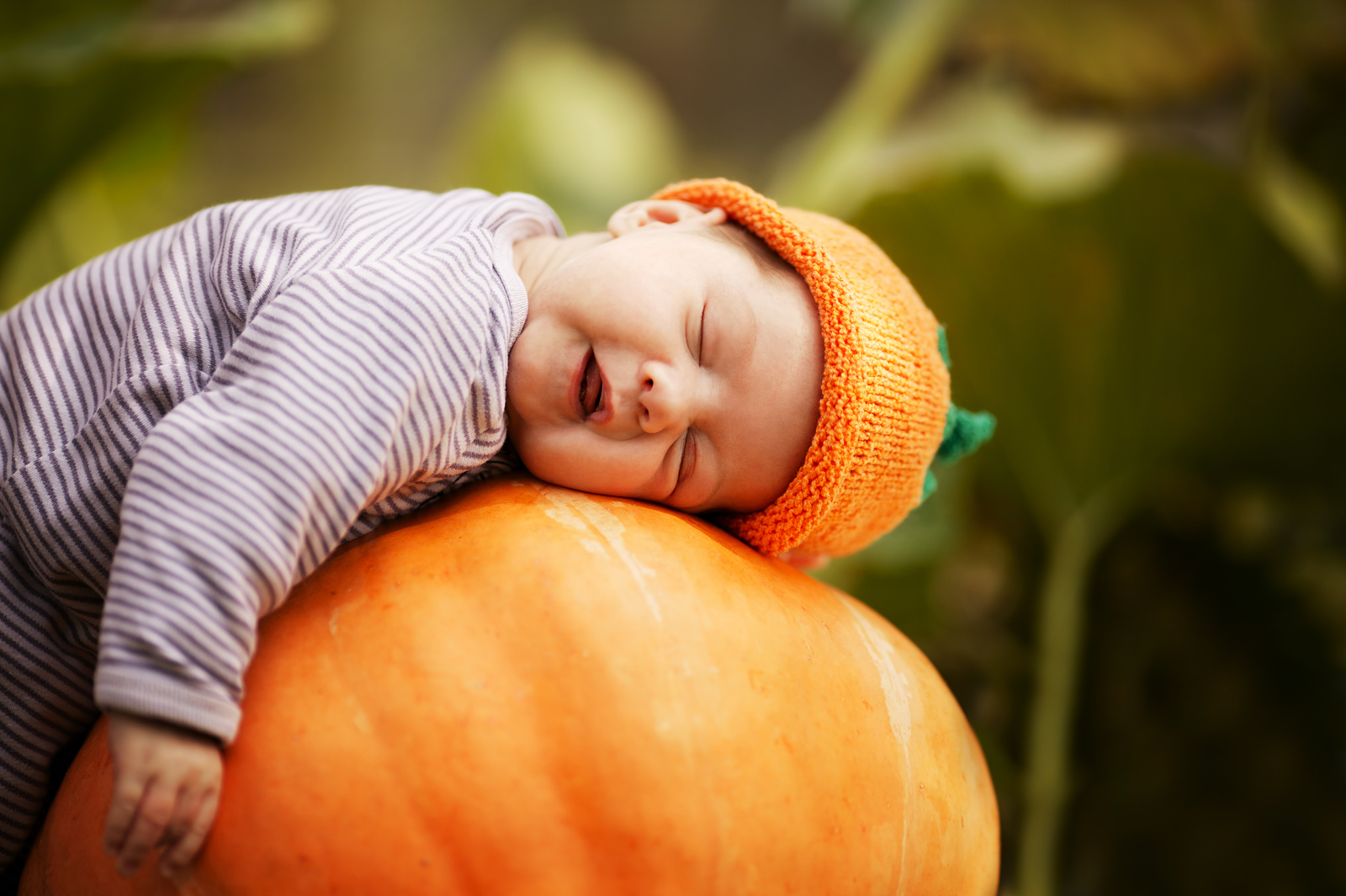
Sleeping in Strange Positions.
Many children sleep in odd positions, but when it comes to sleep apnea in children, the positions may get a little more odd. You may notice that your child is sleeping with their head tilted back or that your child is sleeping while sitting up. The reason for these odd sleeping positions is that your child is trying to get more oxygen in while he or she sleeps. These sleeping positions can very uncomfortable and can hinder your child from getting a good night’s rest.
Mouth Breathing.
Sleep apnea in children can also cause swelling of the tonsils, which can in turn cause your child to breath only through their mouth. If you notice that your child’s mouth is wide open when he or she sleeps, there is a good chance that sleep apnea could be the culprit.
Bedwetting.
Wetting the bed can be an embarrassing problem for any child, but bedwetting, or enuresis as doctors call it, can become a chronic issue in children who have sleep apnea. The reason for this is because each time your child is awakened by a cessation in breathing, or an apnea, they are thrown out of a deep sleep, which kicks in the body’s signal to relieve itself. However, in children, poor bladder control can simply lead them to wet the bed.
Infections.
If your child has a history of swollen or infected tonsils, adenoids (that dangly in thing in the back of the throat) or ear infections, there is a good chance that they may also have sleep apnea. Swelling in the throat and respiratory passages can cause obstructions that make it hard to get a clear flow of oxygen, especially when asleep – when the throat is more relaxed. If you are noticing that your child is complaining of earaches or soar throat, you should make an appointment with your pediatrician right away.
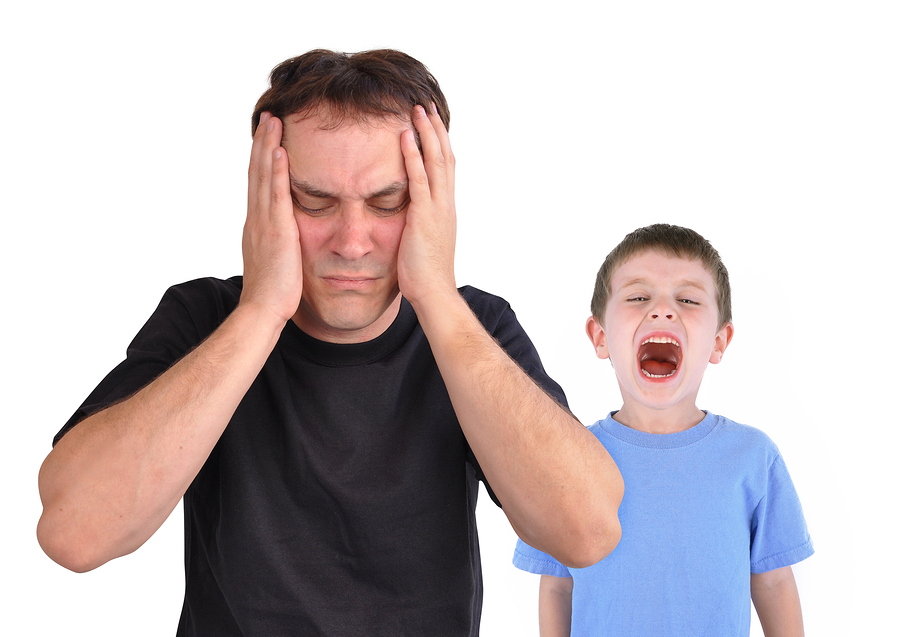
Behavioral Issues.
It seems that children will throw a tantrum just to throw a tantrum, but it is usually only when they are hungry or exceptionally tired. Sleep apnea in children can cause excess daytime sleepiness, which in a child can be a literal recipe for disaster. Any parent can attest to the nightmare that is a child’s temper tantrum. However, if you are noticing an increase in crankiness, irritability, outbursts of anger, hyperactivity, or an inability to focus, there is a good chance that sleep apnea could be at play.
Problems in School.
Sleep apnea in children can also affect performance in school. You may notice that your child is getting lower grades, not participating, or not on the same level as other children. Teachers and school administrators may also report more occurrences of behavioral problems in class, like violent outbursts or complete apathy. If this seems unusual for your child, there is a good chance that sleep apnea could be causing your child to not get enough sleep at night, which is in turn causing your child to perform poorly in school.
As a parent or guardian, if you notice any of the above signs, it is important to seek help immediately. Sleep apnea – besides robbing children of their childhood – can also cause more severe health issues down the line. Typically, your child will undergo a polysomnography, which is done while your child is asleep and will monitor breathing and brain activity. If your child is diagnosed with the obstructive sleep disorder, your doctor will recommend CPAP treatment. In some severe cases, surgery may be required, but CPAP therapy is much more common and effective. It may be hard to get your child accustomed to wearing a CPAP mask every night, but there are certainly ways to make it more tolerable – maybe even fun. For instance, you could make a game out of it – if your child loves outer space, you could tell them that they are getting ready for a top secret mission to Mars. The key is to get creative. You could also read them a bedtime story called “The Magical Mask,” which tells the tale of a young girl with sleep apnea who finds relief with CPAP treatment (the book also has a special dream journal section). Also, you want to use a CPAP mask that is specially designed to fit children, like the Mirage Kidsta Mask System from ResMed. After a few weeks of dedicated CPAP treatment, you will notice marked improvement. A child should be enjoying life, not struggling for breath when they sleep and then being so tired the next day that they can barely function.



